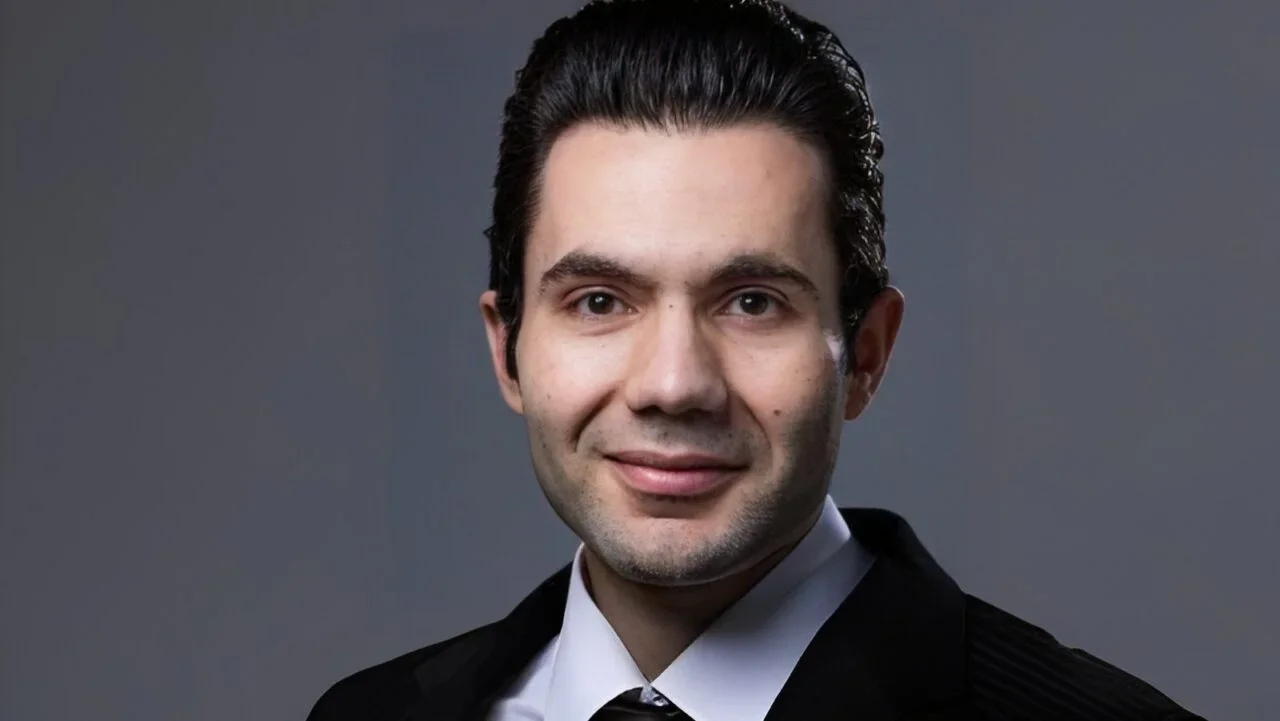Roupen Odabashian, Internal Medicine Physician and Hematology/Oncology Fellow at Karmanos Cancer Institute, posted on LinkedIn:
“Healthcare professionals face heavy documentation demands in clinical settings. An AI scribe offers a streamlined approach by converting voice interactions with patients into organized medical notes. Below are key insights on how an AI scribe can improve efficiency and accuracy while maintaining personalized workflows.
1. Why an AI Scribe Matters
An AI scribe eases the burden of clinical documentation and allows for better focus on patient care. By capturing real-time conversations, it transforms the spoken exchange into coherent notes, saving time and improving thoroughness.
2. Essential Features: Customization and Context
- Customization: Every clinician has unique preferences for note structure. Some prefer the assessment and plan at the start, while others begin with the history of present illness. An AI scribe that supports custom templates adapts to these preferences.
- Context: An AI scribe improves accuracy when it knows the patient’s background. Supplying relevant data such as prior treatments or test results produces more precise, context-rich notes.
3. How an AI Scribe Works.
- Voice Input: Conversations with patients are recorded in real time.
- Transcript Generation: Speech-to-text technology transcribes the input.
- Note Organization: A large language model transforms unstructured text into a structured clinical note.
- Feedback Loop: Clinicians can edit notes and refine future outputs by adjusting templates and correcting content.
4. Best Practices for Templates
- Determine the structure you want (e.g., assessment first or history first).
- Create a clear layout for key sections (ID, history, meds, labs, plan).
- Provide specific instructions (e.g., “don’t invent data,” “summarize in chronological order”).
- Define format preferences (narrative vs bullet points, headings vs hashtags).
- Keep templates short but flexible, enabling edits as needed.
- Use Heidi’s “context” feature to feed patient data for each encounter.
- Review output carefully, then refine instructions to improve accuracy.
The full template is shown below.
Practical Example:
Many AI scribes allow the user to add their custom template, and many AI scribes offer physicians subscription plans like Heidi Health, DeepCura AI, Empathia AI, Nabla and knowing how to create the appropriate template is very crucial
In summary, an AI scribe can handle the heavy lifting of documentation, allowing clinicians more time for direct patient care. Customization and context remain vital for producing personalized and accurate notes.
Here is my own template for others to use.
Oncology Consult Note:
ID: (write the patient age, gender, cancer and staging if mentioned in the following format ‘cancer name’ ‘loclized or metastatic’ ‘stage 1, 2, 3, or 4’, ‘T, N, M’ staging from the note, the molcular testing, the current treatment they are on for their cancer. the previous information is not mentioned don’t come up with information on your own).
Cancer History:
(Break down the history of the patient from the context page, put the date in the beginning, and organize it in a chronological pattern, if no cancer history is mentioned don’t make it up and write no history was mentioned, please do not add data from the transcript here, the context window will have the historical data, the transcript window data should go to the interval history paragraph below).
Past Medical History:
• (Any known chronic medical conditions)
• (Details of previous surgeries or hospitalizations)
Allergies:
• (Any known allergies, particularly to medications)
Social History:
• (Current or past smoking history, if applicable)
• (Alcohol consumption habits, if applicable)
• (Any illicit drug use, if applicable)
• (Current or previous occupation, if applicable)
Family History:
• (Relevant family medical history, if applicable)
In addition to his clinical work he hosts podcast at OncoDaily, engaging with leading experts in oncology to share valuable insights with the medical community. Dr. Odabashian also contributes his expertise as an advisor at Spiraldot Health and Mesh AI, supporting innovative ventures in healthcare technology and collaborative scheduling to combat clinician burnout. With his diverse roles and unwavering dedication, Dr. Odabashian exemplifies a commitment to driving positive change in healthcare.
